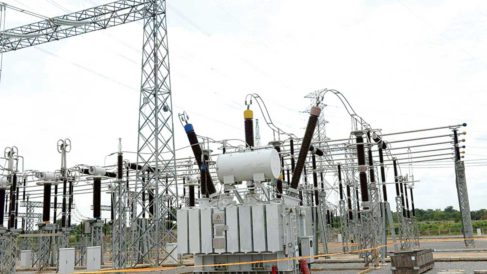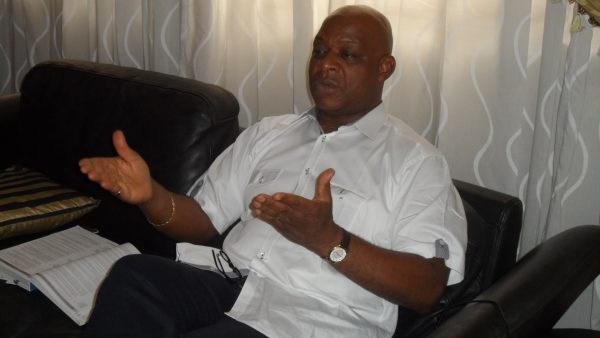‘Average power supply to Nigerian homes still inadequate at 9hrs/day’

According to the poll, a quarterly trend analysis of power supply in 2019 shows that the highest improvement in power supply was in Q1 and Q4, 2019 while the lowest supply occurred in Q2, 2019 as expressed by Nigerians interviewed.
On a quarter-on-quarter basis, the average hours of cumulative power supply to Nigerian households in Q1 and Q3, 2019 were 9.6 hours each respectively, this was the highest recorded hours when compared to the 9.2 hours obtained in Q2, 2019.
Also, a monthly trend analysis of power supply in 2019 revealed that the month of January 2019 had the highest power supply while the lowest power supply was experienced in April 2019 as indicated by 46 percent and 28 percent of Nigerians respectively.
While the current transmission capacity and network operational capacities are 7,000 Mega Watts (MW) and 5,500 MW respectively, the peak generation ever attained in Nigeria in 2019 was 5,222.3 MW.
“Further findings revealed that the highest average cumulative hours of power supply were recorded in the month of January 2019 which stood at 10.2 hours per day whereas, the month of April experienced the lowest in terms of average cumulative hours of power supply (9.0 hours per day) in 2019.
“This cumulative hourly average recorded in January 2019 is inadequate when compared to an ideal 24 hours of power supply which is required for the overall progress and development of the country and its citizenry”, the Poll showed.
To drastically improve on the status quo on the electricity sector, the Poll noted that experts in the sector should identify more efficient means of electricity generation.
“For instance, the use of embedded generation will help eliminate the long-distance power travel to get to the end-user and will ultimately improve the supply of electricity.
“It is therefore advised that Government and stakeholders in the power sector synergize to provide the adequate power supply. This is important because the decline in power supply will continue to hampered economic activities, especially of businesses whose operation depends majorly on power supply”, NOIPolls said in its recommendations.







